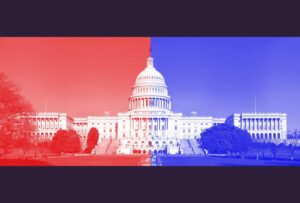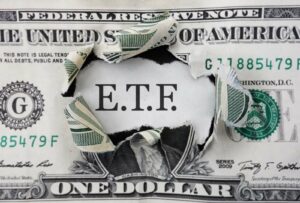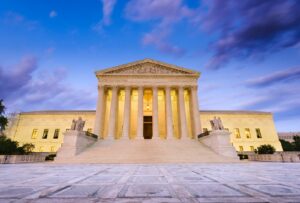My Name Is Jake Jacobs, I am a FinePrint Research Intern. I studied at American University’s School of International Service, where I got a degree in Peace, Security, and Conflict Resolution. For me, working at FinePrint is an opportunity to help guide the United States towards it’s ideals for the sake of both its own people and its role in world politics. Investigation of the investments of individual politicians may be niche compared to the sweeping theater of international diplomacy, but niche issues influence larger ones. A business that is lucrative while advocating for the American Idea I believe in is one I want to be a part of.
In 2015, when I was deciding where to go to college, I was drawn to American chiefly by the idea of International Service. Back then, I thought of the U.S. as essentially stable and good, and thought that I would be doing the most good by learning to wage peace between nations. Needless to say, I was an idealist, I still am in fact. However, the zeitgeist of the late Obama years, at least in the white upper-middle-class liberal discourses that surrounded me, was nihilistic about the ability of politicians to follow up on their promises for meaningful change. “You can’t get anything done in American politics” they would tell me, warning of incomprehensible bureaucracies and obstructionist opposition. They were not necessarily wrong about the challenges of domestic politics, but I was wrong to let their warnings discourage me from being informed and active in the domestic arena.
Late in 2016, the change in government showed me that things certainly could change, and not always in ways the experts around me could predict. A frequent refrain in my International Relations classes was “however, the current administration’s policy on this issue is unclear.” After that, I stopped listening to both-sides-isms and tried to educate myself on the systems of the U.S. government that would affect international politics. Being in Washington DC was certainly helpful to that end. I even got to attend Senate hearings and watch the work of political committees firsthand. However, I couldn’t stay informed on politics without admitting that my prior assumptions about the role of the United States in the world were wrong. Just as I learned how vital the U.S. was to international peacekeeping efforts, the President criticized NATO and threatened to lessen funding for the UN. Just as I learned how powerful an influence the U.S. could be for democracy just by setting a good example, our democratic norms eroded, and voter suppression ran rampant.
The U.S. has certainly not made strides towards the society that I aspire to live in during these last years, but setbacks haven’t convinced me that progress and transparency are impossible. Instead, I’ve been convinced that these things are necessary. If the U.S. wants to maintain its position of global power and influence as a force for what are ostensibly its ideals (democracy, equality, and peace) then we as Americans must look to hold our government accountable and reform it where needed. FinePrint has a winning strategy to that end, and I would be foolish not to see such an endeavor as worthwhile to the seeking of peace between nations abroad.
About Jake
Jerold “Jake” Jacobs is a graduate of American University with interests in Politics, International Relations, World Religions, Data Science, and the martial arts.





